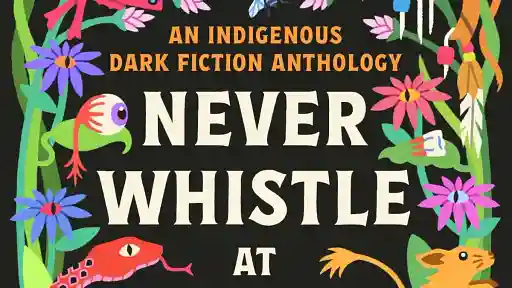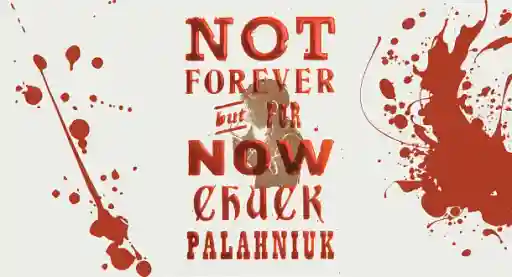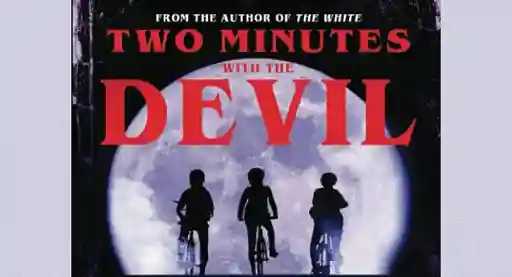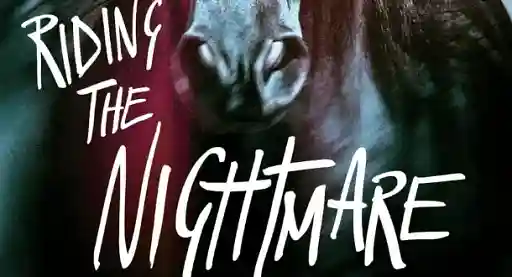Bookshots: Pumping new life into the corpse of the book review
Title:
Population Wars: A New Perspective on Competition and Coexistence
Who wrote it:
Greg Graffin, Punk Rock Professor and lead singer of legendary punk band Bad Religion, author of Anarchy Evolution, lover of tractors.
Plot in a Box:
The neo-Darwinian idea of Survival of the Fittest has led us to believe that war is an unavoidable and even acceptable part of life, but modern scientific thinking offers an alternative. It is cooperation and coexistence that ensures proliferation of a species, not competition.
Invent a new title for this book:
Why Can't We All Just Get Along?
Read this if you like:
Bad Religion, the aforementioned Anarchy Evolution, The Greatest Show on Earth by Richard Dawkins
Meet the book's lead(s):
Them and Us—The Human Race—biting, kicking, and scratching our way into oblivion.
Said lead(s) would be portrayed in a movie by:
Meryl Streep. Is there anything she can't do?
Setting: Would you want to live there?
We already do. The outlook is bleak, but there still is hope.
What was your favorite sentence?
Instead of fighting conventional wars to eradicate "evil" people, pathogens, or ideologies, we can instead shift our ethical focus to managing the most fundamental factor in our evolution, the environment.
The Verdict:
Population Wars offers a fascinating perspective on the age-old idea of Survival of the Fittest. Graffin explains why coexistence—not competition—is what drives evolution, citing biological, economic, and environmental examples, from pipe-dwelling bacteria to Native American populations during the revolutionary war. He posits that the more science learns of life's shared ancestry, the more connected we become, and the less conflict makes sense. Homo sapiens are a product of everything that came before them, and are a symbiotic ecosystem, down to the microbes living in our guts and the viruses hidden in our DNA. No population is ever truly eradicated, it is assimilated, which is why long term competition is untenable, and no war can ever truly be won.
But I'm no scientist, and Graffin speaks to the topic with much more eloquence:
As populations grow, the amount of conflict and suffering is inevitable...The narrative of war, justified by the improper characterization of populations, must be changed...War follows logically only from a notion of distinctness. If lines of distinction are blurred, whom (or what) are we fighting?
Anyone who is a fan of Graffin's band, Bad Religion, and is familiar with his lyrics, knows what an intelligent conveyer of ideas he is. Some might find the melody-less presentation of the subject matter dry, but Population Wars is an engrossing bit of science writing. It is socially astute, forward-thinking, and comes from a place of legitimate concern. Graffin makes a strong case for change, one that isn't necessarily the most popular. If humanity is to avoid extinction and forge a sustainable future, we must cease competing for resources and become stewards of the environment instead.

About the author
Joshua Chaplinsky is the Managing Editor of LitReactor. He is the author of The Paradox Twins (CLASH Books), the story collection Whispers in the Ear of A Dreaming Ape, and the parody Kanye West—Reanimator. His short fiction has been published by Vice, Vol. 1 Brooklyn, Thuglit, Severed Press, Perpetual Motion Machine Publishing, Broken River Books, and more. Follow him on Twitter and Instagram at @jaceycockrobin. More info at joshuachaplinsky.com and unravelingtheparadox.com.








